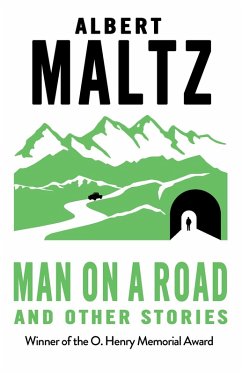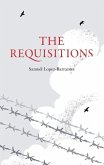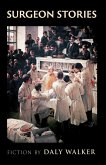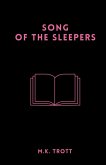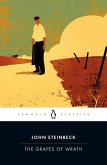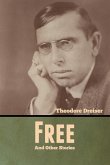The titular story in this collection, 'Man on a Road' - which famously led to the 1936 congressional hearings that exposed the worst industrial disaster in American history - is a snapshot of appalling capitalist exploitation from the perspective of a walking-dead miner slowly suffocating from silicosis. 'The Happiest Man on Earth', winner of the 1938 O. Henry Award, is about a man who, desperate to feed his family and regain his dignity, embarks on a long journey on foot in his quest for a job, while 'The Way Things Are' renders the terrors of the Jim Crow South with unflinching realism, foreshadowing the aesthetics and politics of the civil-rights movement. Albert Maltz, one of the "Hollywood Ten" of the McCarthy era, spent ten months in prison and twenty years on the blacklist as a banned artist forced to write under a pseudonym. With this collection of stories, spanning forty years of his career and including previously uncollected works, his long-silenced voice returns, re-establishing him as a master of hard-hitting but compassionate short fiction.
Bitte wählen Sie Ihr Anliegen aus.
Rechnungen
Retourenschein anfordern
Bestellstatus
Storno

